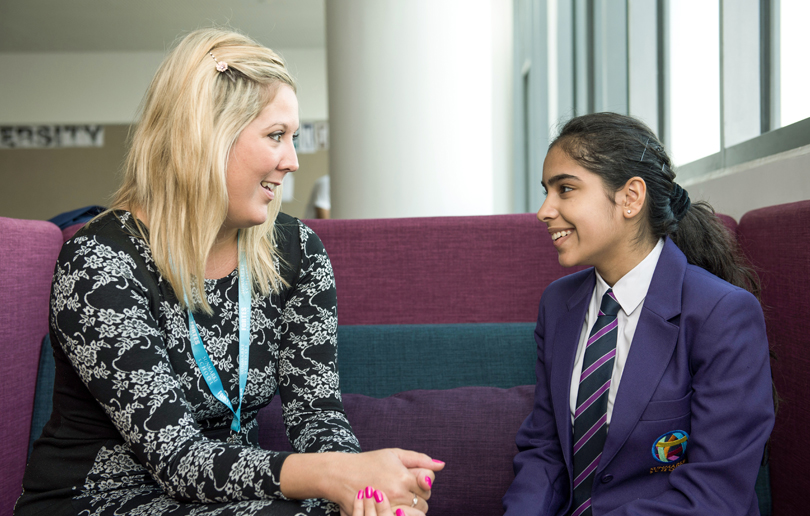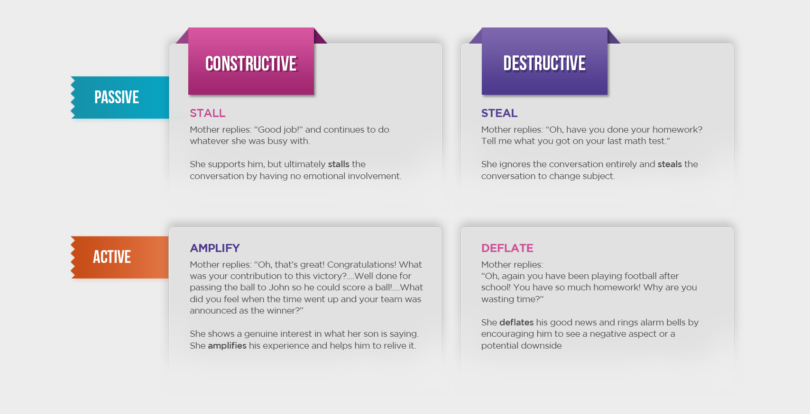How to communicate effectively with children
Emma Freese, the Head of Positive Education at Fortes Schools discusses how to communicate effectively with children

“A wise old owl lived in an oak
The more he saw the less he spoke.
The less he spoke the more he heard.
Why can’t we all be like that wise old bird?”
This old nursery rhyme was recorded as early as 1875. It is an important reminder that we learn more from listening or as the Dalai Lama said, ““When you talk, you are only repeating what you already know. But if you listen, you may learn something new.”
However, listening is not always as easy as it sounds. Active listening is particularly important, even when your child come to you with good news. Making small changes to the way you communicate with your child can help you to build a stronger relationship, build trust and positive emotions. You may also find out more about what is going on in their lives or in their heads. At Fortes Schools, we use the “Active Constructive Response” approach or ACR that was founded by the psychologist Shelly Gable from UCLA.
Look at the different ways people normally respond to good news. Let’s take an example: 11-year old boy comes to his mother and tells her with excitement that his team won a football game today. There are four options of mother’s reaction:

It is important that you respond to any good news that your child may tell you in a positive way and show genuine interest. ACR helps you to do this. It is a supportive response for positive events. ACR usually encourages people to want to share more with the other person as it helps to build intimacy and trust. You ultimately show sincere enthusiasm and encourage the person to relive the event by the questions you ask. You should consciously ask questions to celebrate what has happened for your child. You amplify their experience by allowing them to re-tell the event and experience those positive emotions again.
Details: for more information, visit Fortes Schools. If you enjoyed this article, you may like this story on how to teach your child to emotionally intelligent.











Comments